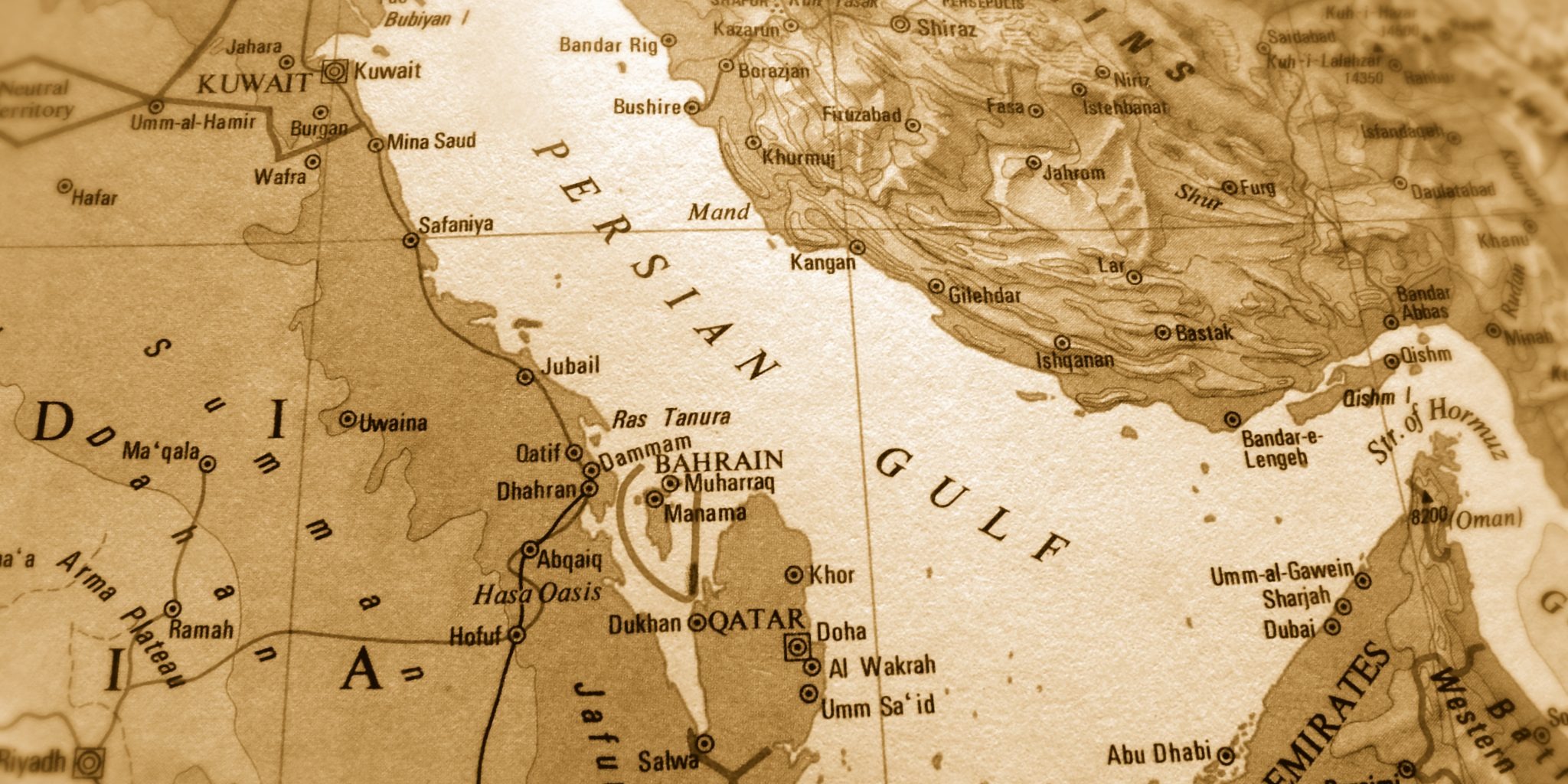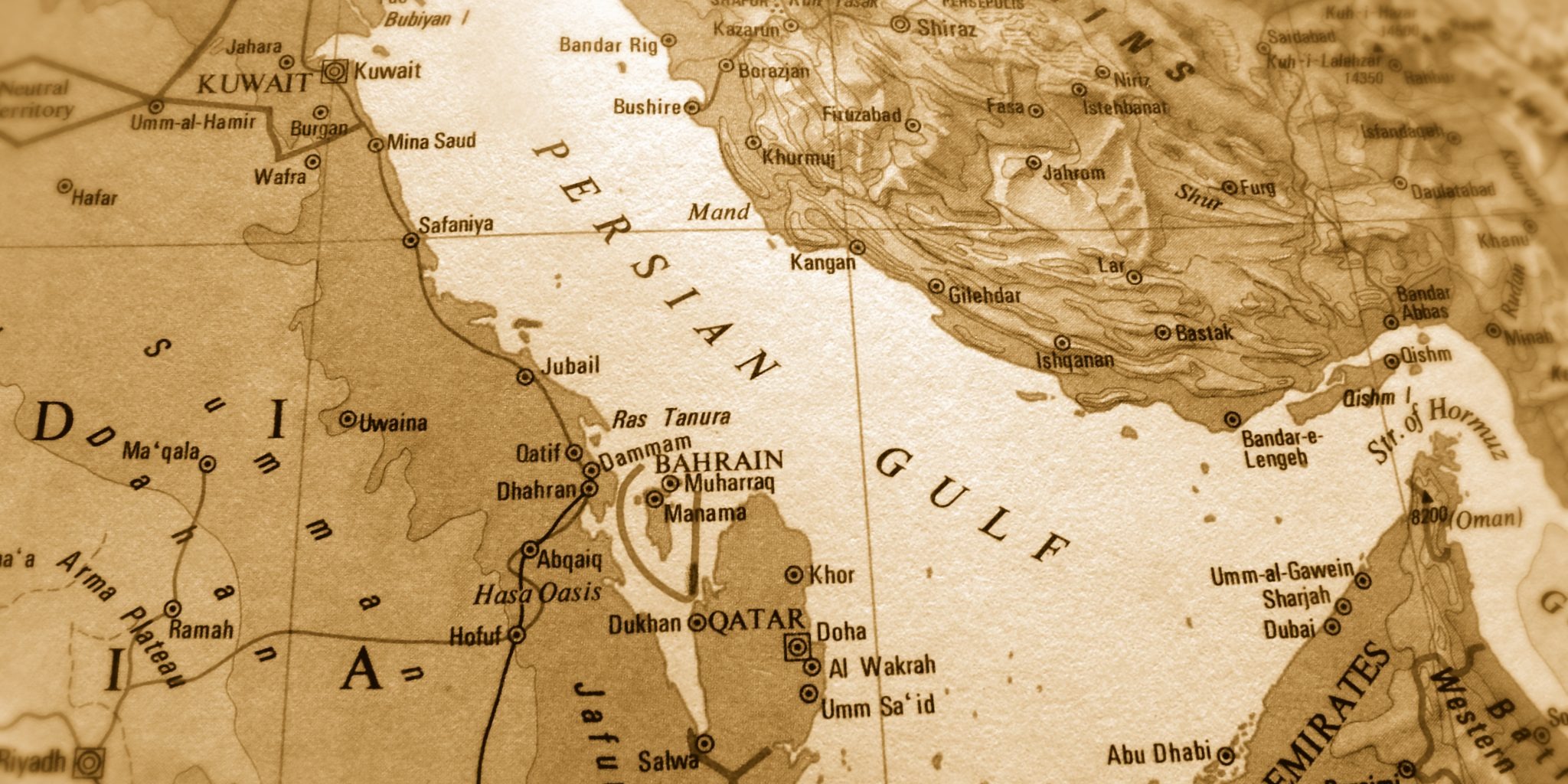4 min read
The Evolving Iranian-Houthi Relationship Spells Trouble for Ending the Yemen Conflict
By: AGSIW on February 22, 2023 at 8:00 AM

On January 6, the United States intercepted 2,000 assault weapons on their way from Iran to Yemen. Nine days later, a French ship seized another boatload of Iranian weapons on its way to Yemen. This time, along with the assault rifles and ammunition, were 23 advanced anti-tank guided missiles. According to U.S. Central Command, it was the fourth significant seizure of Iranian weapons sent to Yemen in the past two months.

Iranian weapons shipments to the Houthis in Yemen are, of course, nothing new. Iran has been supplying the Houthis with weapons, including ballistic missile components that allow the group to target Riyadh, Abu Dhabi, and Dubai, since at least 2017. But there has seemingly been a recent surge in shipments, which is unlikely attributable to more patrols or better intelligence. This increase in seizures, on the heels of a six-month cease-fire and relative lull in fighting, is concerning. Iran may now have enough leverage and influence with the Houthis to effectively scuttle any long-term peace agreement, such as the current back-channel talks between the Houthis and Saudi Arabia.
One of the truths of the war in Yemen is that the longer the war goes on the closer the Houthis and Iran become. This in itself is a tragic irony, as Saudi Arabia went to war in Yemen in March 2015 to prevent exactly this scenario. At the time, Saudi Arabia was worried that the Houthis, who had taken control of Sanaa in September 2014, might become a Hezbollah-like Iranian proxy on its southern border. The Saudi-led war, which was poorly planned and even more poorly conducted, has only driven the Houthis deeper into Iran’s arms.
In the years leading up to the 2015 military intervention, the Houthis and Iran had what might best be described as a mutual attraction to one another. Iran viewed the Houthis as a group that could cause Saudi Arabia pain, while the Houthis saw Iran as a potential friend and counterpoint to Saudi Arabia. But there was still a degree of caution on both sides. The Houthis are traditionally Zaydi Shia, which is doctrinally distinct from the type of Twelver Shiism practiced in Iran, and some Houthi leaders were wary of giving Iran too much influence as the group attempted to resurrect a Zaydi theological project. Iran sent aid and some weapons in these early years, but the shipments tended to be sporadic, unlike the steady stream that would begin during the war.
From 2014-17, particularly as United Nations sanctions against the Houthis came into effect, Iran began providing more assistance, both in the form of weapons and economic relief. The Houthis, who were increasingly isolated internationally, quickly came to depend on Iran as one of their only reliable friends. That friendship blossomed into an alliance in 2017, when Iran began supplying ballistic missile components, drone technology, and Iranian and Hezbollah military advisors.
This was a key moment for the Houthis. When the group took over Sanaa in 2014, it seized many of Yemen’s military depots, which included Scud missiles. These missiles had a range of roughly 185 miles, which allowed the Houthis to fire them over Yemen’s border with Saudi Arabia but didn’t come close to threatening Riyadh. This changed when Iran began supplying the Houthis with extended-range ballistic missiles with a range of more than 550 miles, the first of which was launched in May 2017. Overnight, the Houthis were capable of striking Riyadh.
By supplying these missiles, which provided the Houthis with the opportunity to take the war to Saudi Arabia and the United Arab Emirates, Iran demonstrated both its importance to the Houthis as well as its superior status within the alliance. For much of the war, Yemen watchers pushed back against claims that the Houthis were an Iranian proxy. The group, it was often argued, didn’t take orders from Tehran; rather, it collaborated and made common cause while pursuing its own interests.
But the September 2019 attacks on Saudi oil facilities in Abqaiq and Khurais pointed to a changing reality. The Houthis initially claimed credit for the attacks, providing Iran with the cover of deniability in the key early days. Eventually, the United States and, later, U.N. investigators said the Houthis had nothing to do with the attacks.
The Houthis’ obvious lie, which was discredited within weeks of the attacks, raised a key question: Why lie when you know it won’t stand up? Were the Houthis simply doing a favor for Iran to repay years of weapons shipments and assistance, or had the Houthi-Iranian relationship evolved yet again, moving from an alliance to one of a state and an asset?
These questions, which are still largely unanswered, are particularly important now. Saudi Arabia and the UAE are desperately looking for an exit from Yemen, and Iran has been dealing with popular protests in recent months. The concern is that both of these factors may be contributing to the uptick in weapons shipments from Iran to the Houthis and that, ultimately, this may complicate and delay any potential peace deal.
Iran’s support for the Houthis has been a low-cost, high-reward policy for years. Iran ships some weapons and dispatches some advisors, bogging down Saudi Arabia in a war it can’t win, costing it millions upon millions, and destroying its reputation with U.S. lawmakers. At the same time, the Iranian regime is looking to ease the pressure after months of protests, and it blames Saudi Arabia for stoking domestic unrest with tools like the Iran International satellite channel, which is believed to receive Saudi funding. Iran is unlikely to make exiting Yemen painless or easy for Saudi Arabia.
The recent increase in weapons shipments is one thing, but the bigger worry for policymakers is that the Houthis may not feel free to make a deal with Saudi Arabia on their own. Instead, they may run the terms through their contacts in Tehran, who will likely tack on new demands in an effort to short-circuit peace in Yemen.
Iran has leverage, influence, and history with the Houthis. As Saudi Arabia tries to extract itself from Yemen, Tehran will utilize all three to prolong the conflict.
Source: AGSIW
Related Posts
The way for the US to ensure Gulf security is..
Earlier this month, US Secretary of State Antony Blinken traveled to Riyadh to meet with Gulf..
As Australia strengthens its ties with the..
At the end of last week, 1,200 Australian troops took part in a joint military exercise in the..
Iran is taking over the Strait of Hormuz islands..




